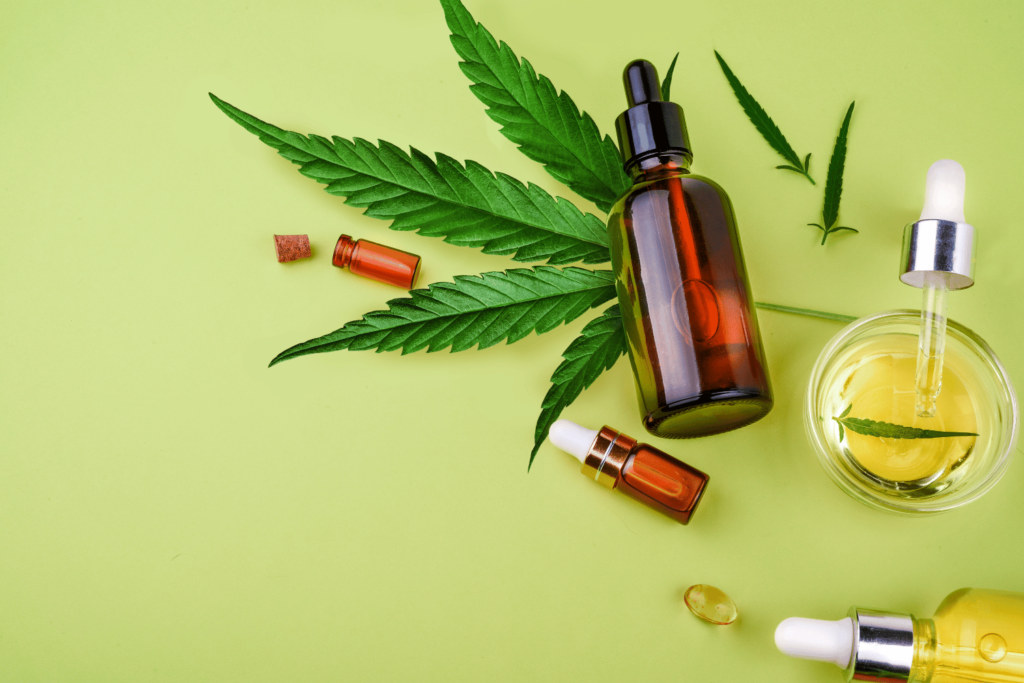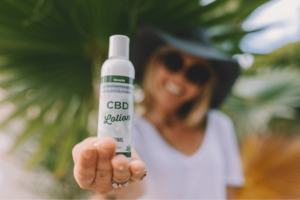CBD, or cannabidiol, is rapidly gaining popularity for its potential therapeutic and medicinal benefits. Studies suggest that it can lower stress and anxiety, reduce inflammation, improve sleep quality, and even boost focus and concentration. But what about its effects on the brain?
In this article, we’ll explore the various ways CBD affects the brain – from its ability to reduce anxiety to stimulating neuron growth. Let’s dive in!
How does CBD Affect Your Brain?
CBD is a cannabinoid found naturally within the cannabis plant. While THC (the compound responsible for cannabis’ psychoactive effects) binds directly with receptors in the brain, CBD does not. Instead, it interacts indirectly by influencing these receptors, which helps to regulate various functions within the body, such as pain response and inflammation levels.
Studies have shown that CBD may help reduce anxiety by decreasing activity in certain areas of the brain associated with fear and stress response. Additionally, researchers found that when taken before certain stressful situations (such as public speaking), participants showed reduced emotional reactivity due to CBD’s calming effect.
On top of reducing stress levels, studies have also suggested that CBD may help improve memory retention by improving communication between neurons in the hippocampus regions of the brain – an area associated with learning and memory formation.
Finally, scientists have observed evidence pointing towards CBD helping to promote neuron growth in early brain development stages as well as aiding recovery after injury or trauma-related damage to neural pathways throughout adulthood – something known as neurogenesis or “neuron regeneration.”

What Benefits Does CBD Provide To The Brain?
While most people associate marijuana with feeling relaxed or euphoric, it’s important to understand that these are side effects caused mostly by THC – not necessarily true for all forms of cannabis use, such as using pure extracts containing only cannabidiol (CBD). In fact, research suggests that large doses of cannabidiol might actually counteract THC’s effects since it provides very different psychological benefits than what you would typically experience from smoking a joint or ingesting edibles containing both cannabinoids together.
Some possible benefits include:
Reduced Anxiety- Consistent usage over time has been proven successful at lowering one’s overall level of stress or fearfulness, especially when taken prior to performing tasks like public speaking.
Improved Memory Retention- Its ability to interact indirectly with certain receptors helps boost communication between neurons throughout key areas associated with learning and the formation of memories.
Neuroprotective Effects- Evidence suggests that regular doses may aid recovery after traumatic events affecting neural pathways throughout adulthood.
Stimulated Neurogenesis – Helps stimulate neuron growth during early life development stages
Are There Any Side Effects?
Like any substance your body isn’t used to consuming naturally or regularly, keeping track of how much you take is key for avoiding any unwanted side effects usually associated with overuse or misuse of a medication/drug like dry mouth/thirsty feeling, headaches, low blood pressure etc. Additionally, make sure you’re getting your product from a reliable source, so there’s no question regarding safety/purity levels since this is especially important in determining if there will be any long-term side effects worth worrying about. Ultimately though, most people who use cannabidiol report feeling completely fine when taking anything up to 10 milligrams per day but should always consult their physician beforehand just to be safe!
Final Thoughts On Cannabidiol & The Brain
All in all, cannabidiol appears promising for its ability to provide various psychological and neurological benefits without causing significant discomfort. Not only can it help reduce anxiety, improve memory retention, and protect against trauma-related damages, but can also stimulate neurogenesis during early life developments. With limited concerns regarding potential adverse reactions, more research needs to be done, but initial findings showcase great promise for those looking into utilizing this natural remedy.




